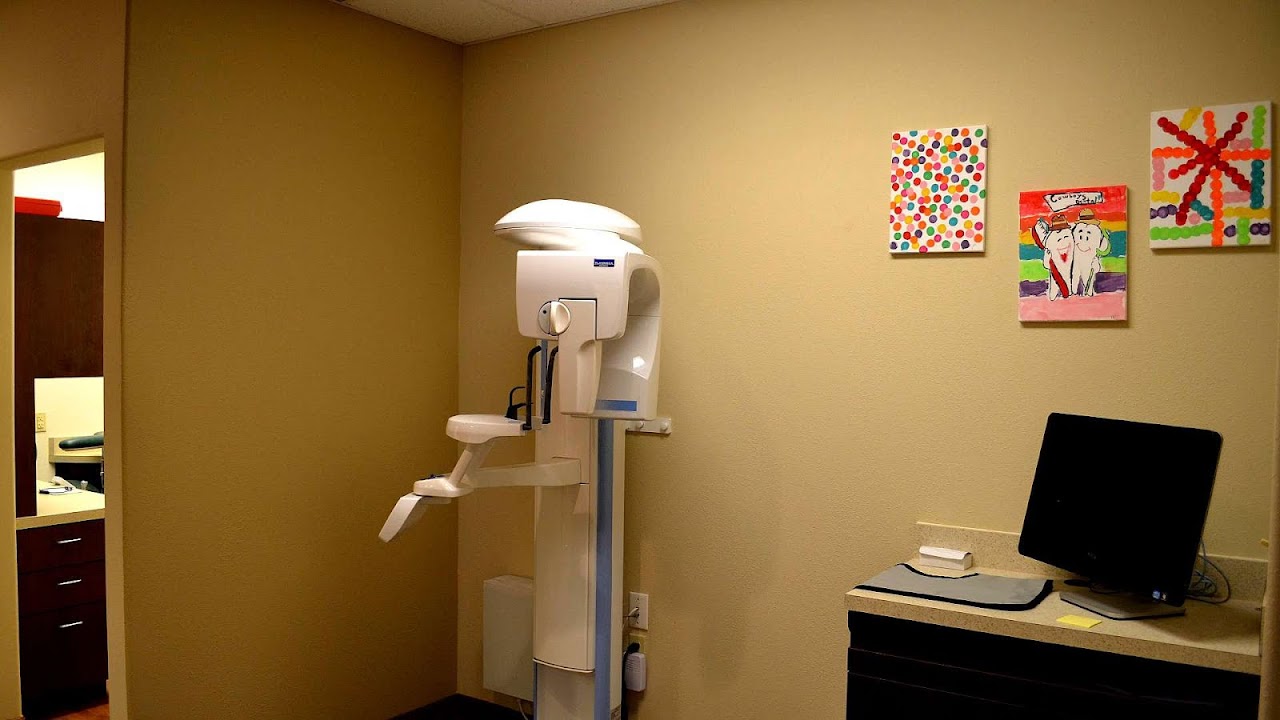Dental office near me, Periodontal disease is a disease of the gums. The early stages of gum disease are referred to as “gingivitis” (pronounced “gin-g-VIE-tis”), while the more advanced stages are referred to as “periodontitis.” When bacteria infect the soft tissue around your teeth, you get gum disease. In the event that left untreated, the microbes develop and cause a tacky substance called “plaque” to collect. If you don’t get rid of the plaque, it will harden into “tartar” (also called “calculus”) over time, which will show up as rough brown, dull yellow, or even black buildup and stains on your teeth. Gum disease, tooth decay, and other serious oral health issues can result from this buildup of tartar, dental office near me.
Periodontitis, the most severe form of gum disease, must be diagnosed and treated by a dental professional.
Gum swelling, redness, or bleeding Sensitive or loose teeth Gums that have receded (pulled away) from your teeth New or worsening pain when chewing Changes in your bite or the fit of dental appliances It is important to note that periodontitis typically does not cause pain. So, just because you don’t feel any pain doesn’t mean your gums are in bad shape. However, your dentist should look into any persistent pain in your teeth or gums.
There are certain risk factors that can make you more likely to get periodontitis. Smoking, stress, taking certain medications, and having a family history of periodontitis are all risk factors. Indeed, even some medical issue like diabetes, issues with your safe framework, and certain hormonal changes can add to your gamble of creating periodontitis.
By the time they are thirty, approximately half of all Americans will have some form of gum disease. If you have been diagnosed with periodontitis, then what should you do? The bad news is that periodontitis is a chronic condition that never goes away. The as it were “fix” is eliminate every one of your teeth. The good news is that periodontitis can be controlled with treatment if it does occur.
“Tooth scaling” and “root planing” procedures are effective treatments for periodontitis. These extraordinary profound cleaning techniques must be finished in the dental specialist’s office or by a gum sickness expert known as a “periodontist”. Tooth scaling eliminates the tartar you can see on the outer layer of your teeth, and root planing eliminates the tartar on your foundations, which is underneath the typical gum line. While tooth scaling and root planing cannot treat periodontitis, they can help preserve your beautiful smile by preventing the loss of teeth, bone, and gum tissue.
The patient rarely experiences pain during the tooth scaling and root planing procedures. To limit any awkward sensations you might have, your dental specialist or periodontist will give you a sedative medication to numb your mouth. During these procedures, you will be awake. Contingent upon the degree of development you have, you will in all probability have to return for more than one visit to complete the tooth scaling and root planing processes. Your oral wellbeing expert can talk about your singular necessities with you to appraise the number of arrangements that will be expected for your particular circumstance, dental office near me.
After the procedure, you may experience some discomfort in your mouth. You might experience some tooth sensitivity as well as temporary swelling and soreness in your gums. You will receive comprehensive recovery instructions from your healthcare provider, including what foods and beverages to avoid and, if necessary, how to use special mouth rinses, pain relievers, or antibiotics.
The mindful experts at The present Dental can perform tooth scaling and root planing systems. Please call our offices right now to schedule a checkup. Today’s Dental can direct you to resources that might make treatment more affordable if you are worried about paying for your dental care.
